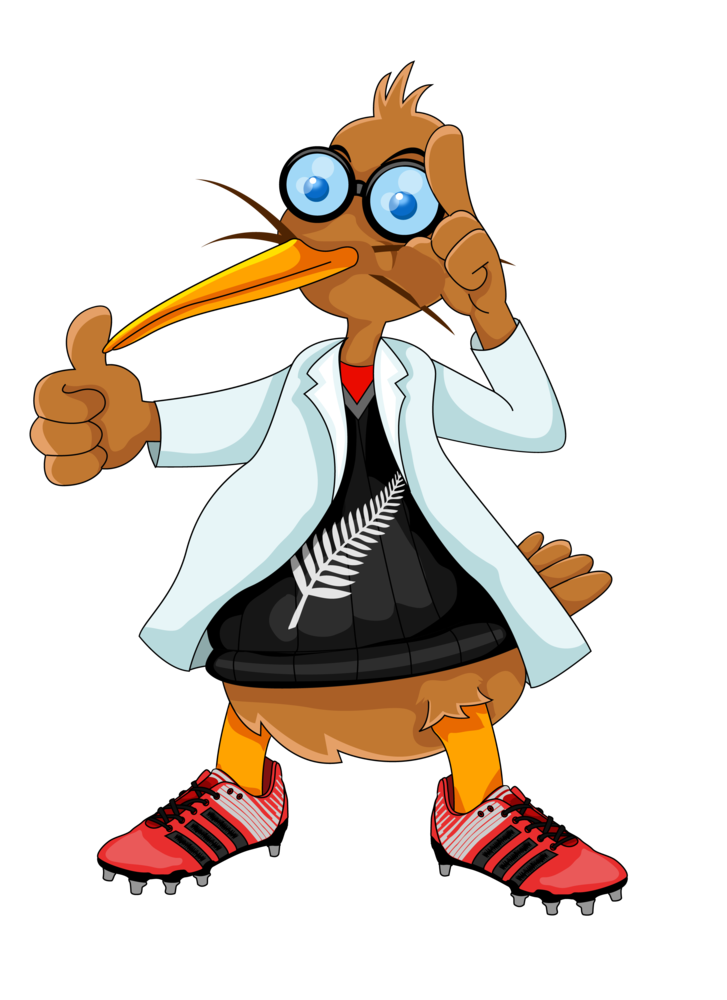Environmental Puzzles & Brain Teasers
A brain teaser is a form of puzzle that requires thought to solve. It often requires thinking in unconventional ways with given constraints in mind; sometimes it also involves lateral thinking. Logic puzzles and riddles are specific types of brain teasers.
One of the earliest known brain teaser enthusiasts was the Greek mathematician Archimedes. He devised mathematical problems for his contemporaries to solve...
KoiKiwi has developed several environmental puzzle games and brain teasers. Notice that our Trivia game is quiet hard! IT may look like the questions are trivial, but if you want a challenge... give it a go!
More about puzzle games
A puzzle is a game, problem, or toy that tests a person's ingenuity or knowledge. In a puzzle, the solver is expected to put pieces together in a logical way, in order to arrive at the correct solution of the puzzle. There are different genres of puzzles, such as crossword puzzles, word-search puzzles, number puzzles, or logic puzzles. Puzzles are often created to be a form of entertainment but they can also arise from serious mathematical or logistical problems. In such cases, their solution may be a significant contribution to mathematical research.[1] GenresPuzzles can be divided into categories. For example, a maze is a type of tour puzzle. Some other categories are construction puzzles, stick puzzles, tiling puzzles, transport puzzles, disentanglement puzzles, lock puzzles, folding puzzles, combination puzzles, and mechanical puzzles.
Puzzle Games Examples:
A chess problem is a puzzle that uses chess pieces on a chess board. Examples are the knight's tour and the eight queens puzzle.
Jigsaw puzzles.
Lateral thinking puzzles, also called "situation puzzles"
Mathematical puzzles include the missing square puzzle and many impossible puzzles — puzzles which have no solution, such as the Seven Bridges of Königsberg, the three cups problem, and three utilities problem
Mechanical puzzles such as the Rubik's Cube and Soma cube
Metapuzzles are puzzles which unite elements of other puzzles.
Paper-and-pencil puzzles such as Uncle Art's Funland, connect the dots, and nonograms
Word puzzles, including anagrams, ciphers, crossword puzzles, Hangman (game), and word search puzzles. Tabletop and digital word puzzles include Bananagrams, Boggle, Bonza, Dabble, Letterpress (video game), Perquackey, Puzzlage, Quiddler, Ruzzle, Scrabble, Upwords, WordSpot, and Words with Friends. Wheel of Fortune (U.S. game show) is a game show centered on a word puzzle.
Also the logic puzzles published by Nikoli: Sudoku, Slitherlink, Kakuro, Fillomino, Hashiwokakero, Heyawake, Hitori, Light Up, Masyu, Number Link, Nurikabe, Ripple Effect, Shikaku, and Kuromasu. Peg solitaire A puzzle box is a puzzle that can be used to hide something — jewelry, for instance. Rubik's Cube and other combination puzzles can be stimulating toys for children or recreational activities for adults. Sangaku (Japanese temple tablets with geometry puzzles). Sliding puzzles (also called sliding tile puzzles) such as the 15 Puzzle. Puzz-3D is a three-dimensional variant of this type. Sokoban. Spot the difference. Tangram.


